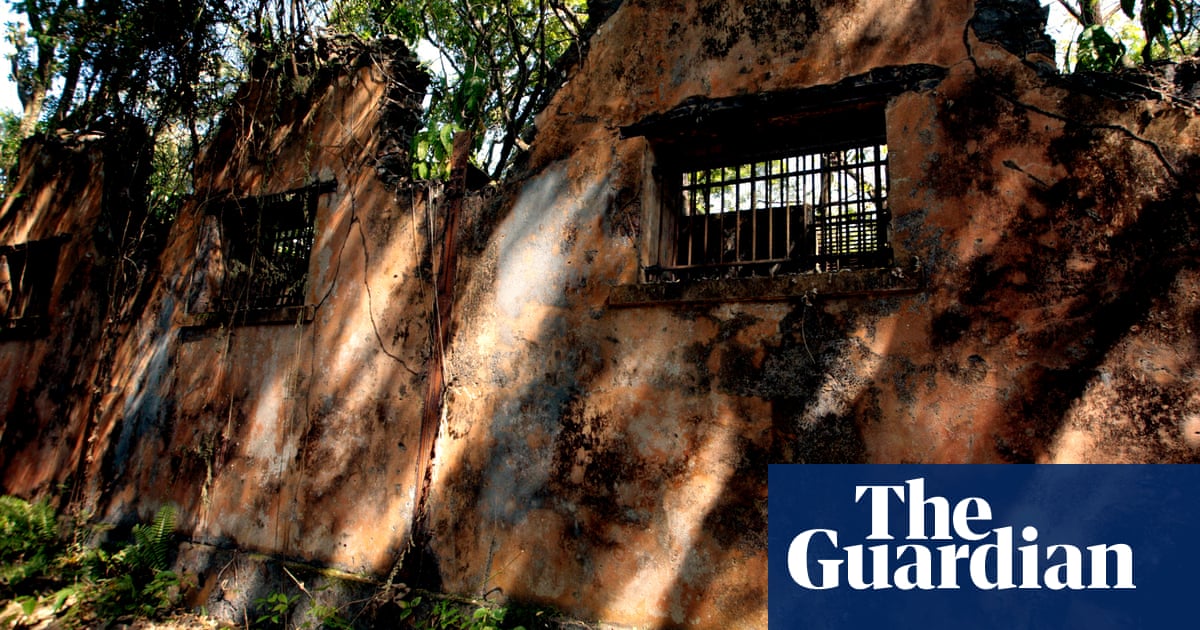French plans to build a maximum-security prison wing for drug traffickers and Islamic militants near a former penal colony in French Guiana have sparked an outcry among residents and local officials.
The wing would form part of a $450m (£337m) prison announced in 2017 that is expected to be completed by 2028 and hold 500 inmates. The prison would be built in Saint-Laurent-du-Maroni, a town bordering Suriname that once received prisoners shipped by Napoleon III in the 1800s, some of whom were sent to the notoriousDevil’s Islandoff the coast of French Guiana.
French justice minister Gérald Darmanin announced plans to build the high-security wing during an official visit to French Guiana on Saturday. He said in a Facebook post that 15 of the wing’s 60 spaces would be reserved for Islamic militants.
Darmanin was quoted by Le Journal du Dimanche, a French weekly newspaper, as saying that the prison also aims to keep suspected drug traffickers from having any contact with their criminal networks.
“We are seeing more and more drug trafficking networks,” he told reporters in French Guiana. “We must react.”
French media, quoting the justice ministry, reported that people from French Guiana and French Caribbean territories would be sent in priority to the new prison.
The announcement angered many across French Guiana, an overseas French department located in South America. It was once an infamous colony known for holding French political prisoners, including army Capt Alfred Dreyfus, who was accused of being a spy.
Dreyfus was incarcerated on Devil’s Island, a penal colony that operated for a century and was featured in the bestselling French novel “Papillon,” which later was made into two movies.
Jean-Paul Fereira, acting president of French Guiana’s territorial collective, an assembly of 51 lawmakers that oversees local government affairs, said they were taken aback by the announcement since the plan to build a high-security wing was never discussed with them ahead of time.
“It is therefore with astonishment and indignation that the elected members of the Collectivity discovered, together with the entire population of Guiana, the information detailed in Le Journal Du Dimanche,” he wrote in a statement posted on social media.
Fereira said the move was disrespectful and insulting, noting that the agreement French Guiana signed in 2017 was for the construction of a new prison meant to alleviate overpopulation at the main prison.
“While all local elected officials have long been calling for strong measures to curb the rise of organised crime in our territory, Guiana is not meant to welcome criminals and radicalised people from (mainland France),” he wrote.
Also decrying the plan was Jean-Victor Castor, a member of parliament in French Guiana. He said he wrote directly to France’s prime minister to express his concerns, noting that the decision was taken without consulting local officials.
“It’s an insult to our history, a political provocation and a colonial regression,” Castor wrote in a statement issued Sunday as he called on France to withdraw the project.
A spokesperson for France’s justice minister did not immediately respond to a message seeking comment.
